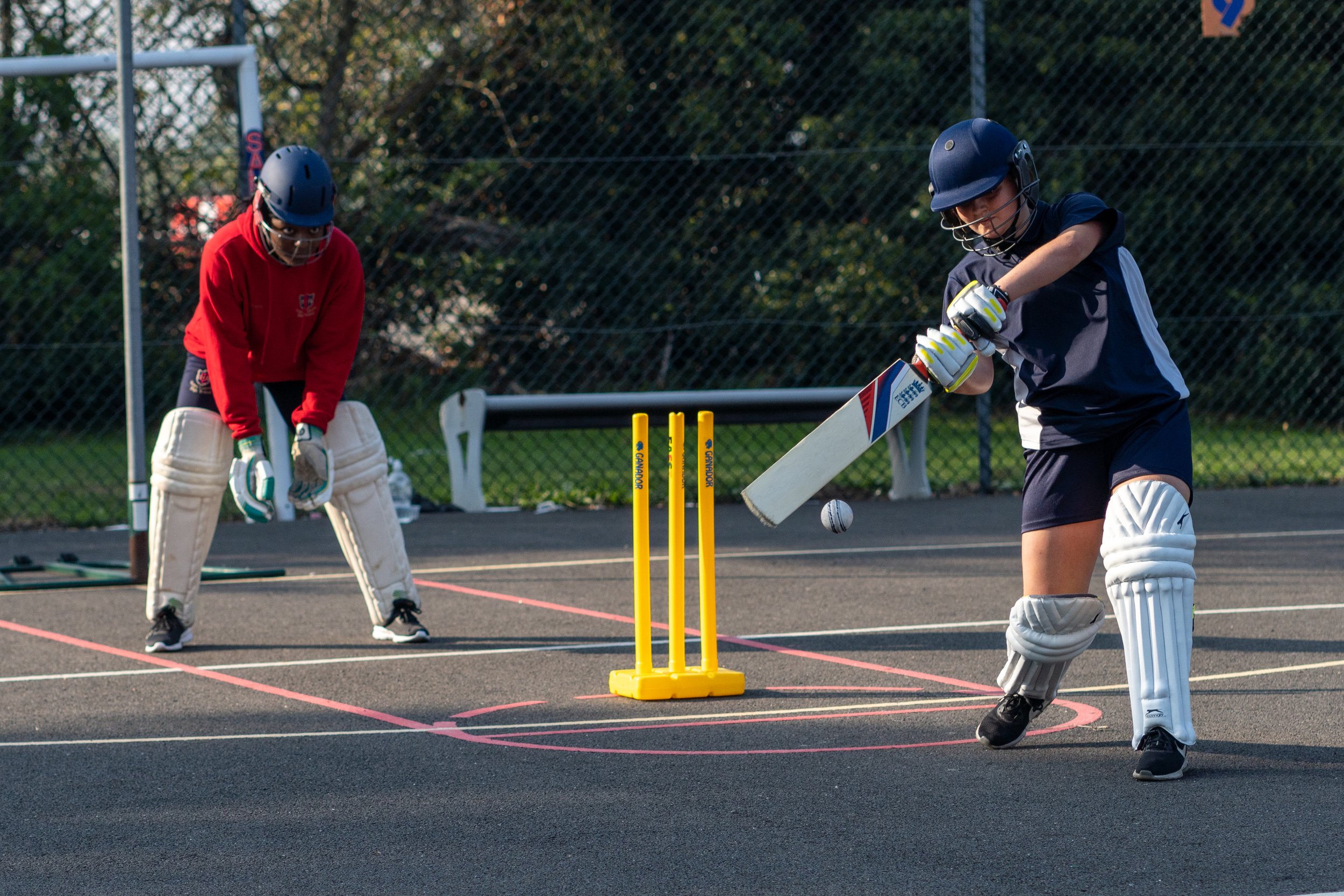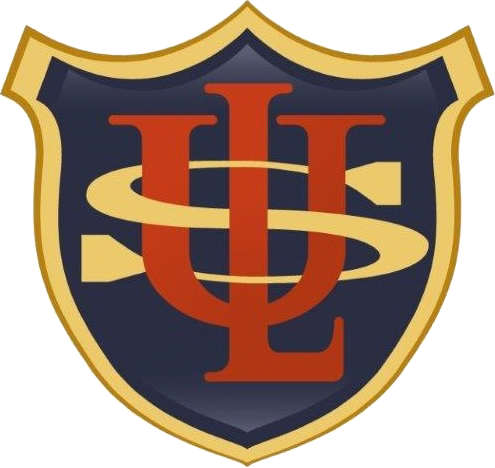
PHYSICAL EDUCATION
Overview Of The Subject
The Physical Education Department at Grays Convent is both successful and well-established. We actively compete in all sports offered within the Thurrock borough, frequently finishing in the top three for Athletics and Cross Country. Our Netball teams, particularly the U16s, regularly qualify for the Regional Finals. At Key Stage 4, we offer an academic route through GCSE PE, consistently achieving strong results.
Extra-Curricular
Our department runs a wide range of extra-curricular clubs, open to all pupils. These include practical sports clubs as well as GCSE theory revision sessions. Clubs run after school and are published in the school newsletter—there is no need to sign up; pupils simply need to turn up!
Clubs Offered:
Netball
Cross Country
Football
Rugby
Trampoline
Athletics
Badminton
Cricket
Rounders
Fitness
Dance
GCSE Revision
We also compete in:
Netball – Thurrock, County, Regional
Cross Country – Thurrock, County, Regional
Football – Thurrock, County
Rugby – Thurrock, County
Trampoline – Thurrock
Athletics – Thurrock, County, Regional
Badminton – Thurrock
Cricket – Thurrock, County
Rounders – Thurrock, County, National
We take part in all local Thurrock school leagues for Netball, Rounders, Rugby, Cricket, Trampoline, Football, Cross Country, and Athletics. We also participate in county-level Netball and Football Cups and national competitions for Athletics and Cross Country.
PE Kit List
Compulsory PE clothing (from our official supplier):
Navy and White Polo
Navy Shorts
White Football socks
White ankle socks
Supportive sports trainers (no plimsolls, Vans, Converse etc.)
Optional clothing:
Navy Leggings
Navy Tracksuit bottoms
Red Hoodie
Compulsory PE equipment for Years 7-9:
Shin pads
Gum Shield
Optional equipment for Years 7-9:
Studded football boots (no blades for rugby)
Curriculum Intent
Through PE, students develop key skills through games, individual sports, outdoor adventurous activities, and personal fitness. We aim to give students a solid understanding of physical health and fitness to carry forward into adulthood, as well as a platform for applying competitive sports knowledge.
Curriculum Content - Key Stage 3
Our Key Stage 3 curriculum builds on primary school knowledge and is designed to prepare pupils for future study, including GCSE PE. Students develop communication, teamwork, sporting morals, and physical confidence, while learning to lead healthy, active lives.
Lessons build progressively on key themes such as fitness and invasion games, allowing skills to be transferred across multiple sports. Pupils who need extra support are encouraged to attend clubs, and our sports prefects help younger pupils during sessions.
In Year 7, baseline assessments take place in the first fortnight. Pupils are assessed on cardiovascular fitness (cross-country), speed (80m sprint), and games knowledge (small-sided games). Pupils are grouped accordingly to support progress throughout the year.
Curriculum Content by Year - Key Stage 3
Year 7
Introduction to tactics in games and technique in individual sports.
Basic gymnastic routines and trampolining.
Outdoor problem-solving challenges.
Analysis of performance using data.
Encouraged participation in clubs and community sport.
Year 8
Application of tactics in games and further technique development.
Partner gymnastics and 8-bounce trampolining.
Use of visual and data feedback for performance.
Year 9
Mastery of tactics in games and advanced technique.
Advanced dance techniques and choreography.
Group gymnastics and somersault-level trampolining.
Evaluation using multiple feedback forms.
Assessment - Key Stage 3
Formative assessment is ongoing through lessons.
Progress Checks produce a ‘working at’ grade relevant to the current topic.
Summative assessment occurs at the end of the year, combining practical and theory scores.
Year 7 = 70% practical / 30% theory
Year 8 = 60% practical / 40% theory
Year 9 = 50% practical / 50% theory
Curriculum Organisation
Pupils are taught in form groups without ability setting. Within lessons, tasks are differentiated to ensure progress. All pupils are welcome at sports clubs, and the most committed and talented are invited to join teams.
Key Stage 4 Curriculum Intent
At KS4, pupils may choose between GCSE PE and Core PE. Pupils have three Core PE lessons per fortnight. Those selecting GCSE PE have an additional five lessons. Core PE is split into two pathways:
Participation – for enjoyment and health.
Performance – for pupils taking GCSE PE or with a competitive focus.
Pupils are place on pathways based on performance and engagement.
Key Stage 4 Core PE Content
Year 10
Advanced tactics and strategies in games.
Further development in athletics and trampolining.
Outdoor adventurous activities with teamwork focus.
Evaluation to improve personal bests.
Encouragement to join community sport.
Year 11
Deep understanding of tactics and strategy.
Continued skill development in key sports.
High-level teamwork and problem-solving.
Advanced self-evaluation.
Assessment - Key Stage 4 Core PE
Assessment is based on effort and attainment, reported on a 1–4 scale (1 = outstanding, 4 = unsatisfactory). GCSE students in Core PE also receive practical marks for each sport assessed out of 20.
GCSE Physical Education
Specification
GCSE PE is delivered using the Edexcel exam board. The course includes:
Theory
NEA (coursework)
Practical Performance (3 sports)
Assessment Weightings:
Component 1 – 36%
Component 2 – 24%
Component 3 – 30%
Component 4 – 10%
Components:
Component 1 – Fitness and Body Systems: Applied anatomy, physiology, movement analysis, physical training, use of data.
Component 2 – Health and Performance: Health, wellbeing, sport psychology, sociocultural influences.
Component 3 – Practical Performance: Three sports assessed.
Component 4 – Personal Exercise Programme (PEP): Training plan and evaluation.
GCSE PE Assessment and Organisation
Pupils are assessed at the end of each theory unit.
Those underachieving are supported with intervention.
All practical sports are assessed; the top three count towards final grades.
Off-site sports (not taught in school) will be assessed externally where possible.
Pupils are grouped in theory sets based on Year 9 performance; changes can be made as needed.
Typically, the higher set is larger to allow smaller classes for more targeted support.
Post-16 Progression
After KS4, students can continue with A-Level PE or pursue BTEC qualifications. Careers linked to PE include medicine, physiotherapy, teaching, coaching, and sports management.
